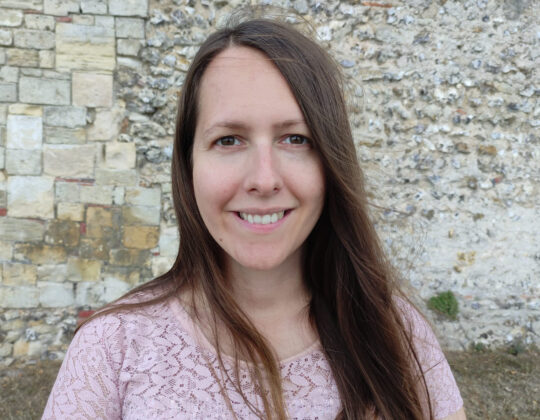Improving my skills in strategic communications so I can help others

I have always been keen to further develop my skills as part of my continued professional development, but in my current post, it feels more important than ever.
I am the Communications Lead for the Office for National Statistics (ONS) international development programme. Big title, I know! And with such a big title, comes a lot of responsibility.
A large part of my role involves working in partnership with national statistical offices in developing countries to build capacity and skills in their communications teams. I support them directly where I have the relevant skills and experience, and indirectly by identifying and deploying other experts from across the ONS. The central aim of my work is to demonstrate the value of an efficient and well-functioning communications resource within a national statistics office.
Many of the ONS’s international development partners have small but highly ambitious communications teams. Often just 3 people cover all elements of comms and digital publishing – from design to media relations, event management, and website maintenance.
To provide a high-value service, it’s important to ensure my own understanding of the Government Communications Service’s best practices in a variety of areas is as full and current as possible.
That’s why I was keen to join the GCS’s strategic communications training, in July, led by its deputy strat comms lead, Sarah Clark of the Department for Digital, Culture, Media and Sport (DCMS).
The course was fantastic and provided a good in-depth account of how to create a solid strategy. It covered the OASIS model, starting from the “craft of thinking through how to achieve your desired outcome” using communications tools and skills.
Sarah broke down each area of strategic planning in an understandable way. She spoke about:
- how to separate problems that could be solved by communications versus those that should be solved by policy and how to improve trust in communications when working with other parts of the organisation
- the types of audience segmentation and the importance of ensuring strategies are segmented
- her “five steps to success in setting objectives” and advised on metrics
During the session, Sarah gave trainees a chance to put the concepts into practice in small groups using real-life examples. I found this particularly helpful as it gave me a chance to properly digest the information and explore how I could put it to use within my own role.
Overall, I found this course extremely useful. I was able to consolidate my existing knowledge and skills whilst developing an understanding of aspects I had little previous experience with.
I am now able to share some of what I have learnt with other statistical offices around the globe.
Attend our courses and events and learn at your own pace.
